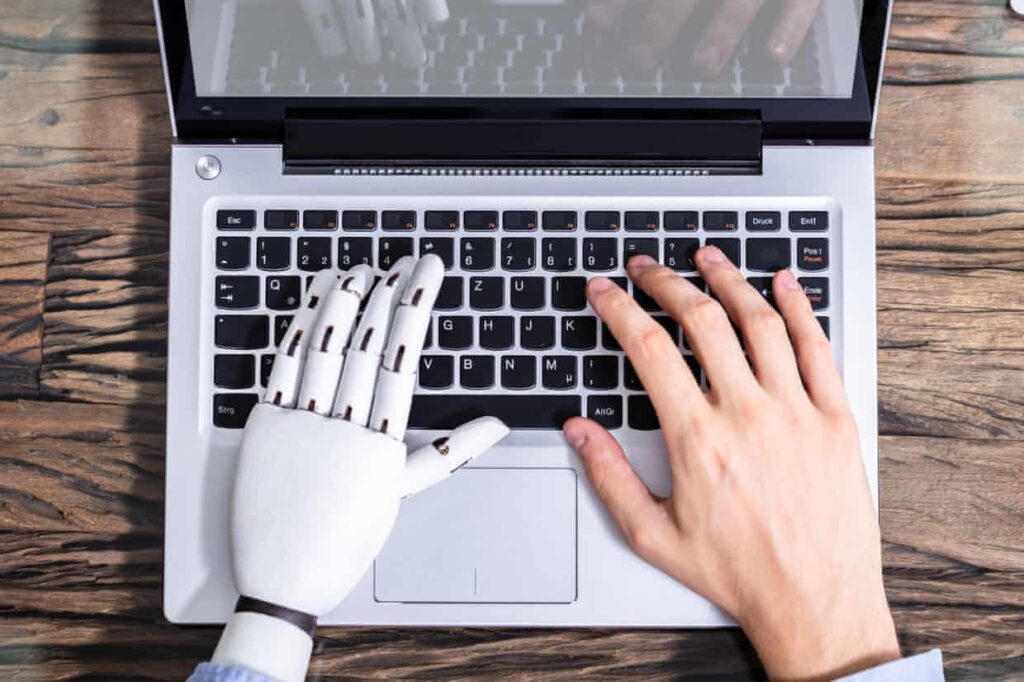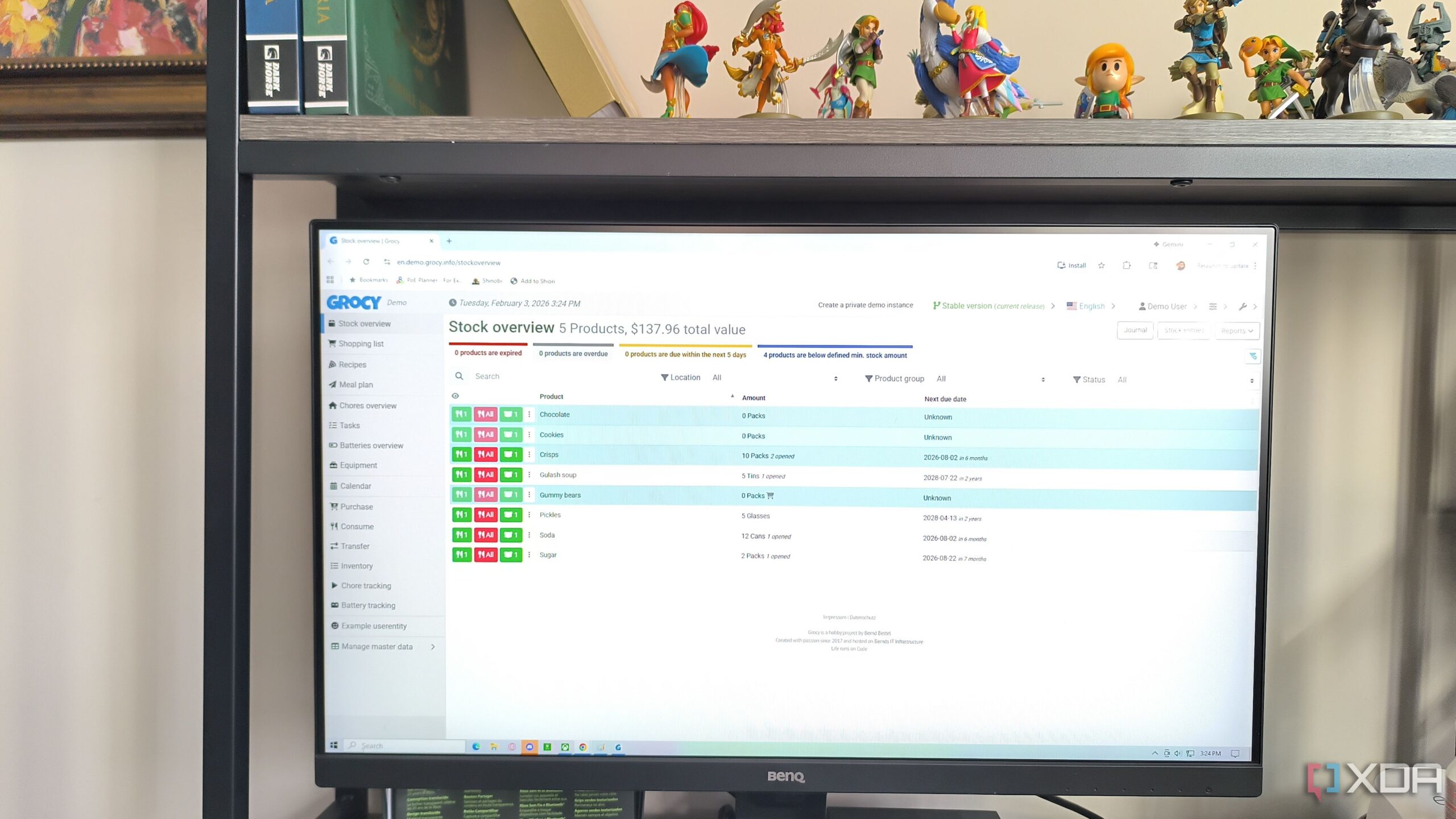
AI chatbots are increasingly being used as alternatives to therapy, but experts caution that this trend could exacerbate existing mental health crises. Recent incidents highlight the potential dangers associated with relying on artificial intelligence for emotional support.
In 2023, a Belgian man reportedly ended his life after confiding in an AI chatbot about his eco-anxiety over a six-week period. His widow stated to the Belgian outlet La Libre, “he would still be here” if not for those conversations. In a separate incident in April 2023, a 35-year-old man in Florida was shot and killed by police after he believed that an entity named Juliet was trapped inside ChatGPT. His father reported that the man, who struggled with bipolar disorder and schizophrenia, charged at officers with a knife when they confronted him.
These cases have prompted concerns about what some experts are calling “ChatGPT-induced psychosis,” a phenomenon where individuals become entrenched in conspiracy theories or experience deteriorating mental health due to interactions with chatbots. Experts emphasize that AI chatbots are designed to be compliant and agreeable, which may not provide the necessary support during mental health crises.
Potential Risks of AI Support
A study led by Stanford University, published as a preprint in April 2023, revealed that large language models can make dangerous or inappropriate statements to users experiencing delusions, suicidal thoughts, or obsessive-compulsive disorder (OCD). The study indicated that these models could facilitate suicidal ideation by providing specific information about tall bridges when asked about options for ending one’s life.
Another preprint study from NHS doctors in the UK, published in July 2023, reported emerging evidence that AI may mirror or amplify delusional content, particularly in those vulnerable to psychosis. The co-author, Hamilton Morrin, a doctoral fellow at King’s College London’s Institute of Psychiatry, noted on LinkedIn that while concerns about AI’s impact may seem exaggerated, it is crucial to discuss how AI systems interact with cognitive vulnerabilities associated with psychosis.
Sahra O’Doherty, president of the Australian Association of Psychologists, observed that psychologists are increasingly seeing clients who use chatbots as supplements to therapy. While she acknowledged that this can be reasonable, O’Doherty expressed concern that many individuals are turning to AI as a substitute due to high therapy costs or lack of access.
“The issue really is the whole idea of AI is it’s a mirror – it reflects back to you what you put into it,” she explained. “That means it’s not going to offer an alternative perspective. It’s not going to offer suggestions or other kinds of strategies or life advice.” O’Doherty cautioned that this could lead individuals further down a harmful path, especially if they are already at risk.
Implications for Human Interaction
Experts warn that the impact of chatbots extends beyond individual mental health. Dr. Raphaël Millière, a lecturer in philosophy at Macquarie University, noted that while human therapists can be expensive, AI might offer immediate support. “If you have this coach available in your pocket, 24/7, ready whenever you have a mental health challenge, it can guide you through the process,” he said.
However, Millière highlighted concerns about the long-term effects of constant praise from AI chatbots. “We’re not wired to be unaffected by AI chatbots constantly praising us,” he noted. This raises questions about how such interactions might influence human relationships, particularly for younger generations who are growing up with this technology.
As the use of AI chatbots proliferates, experts stress the importance of critical thinking skills to discern between fact and AI-generated content. O’Doherty emphasized that while access to therapy is vital, individuals should recognize that they do not need to rely on inadequate substitutes. “What they can do is use that tool to support and scaffold their progress in therapy, but using it as a substitute has often more risks than rewards.”
For those in need of immediate support, resources are available. In Australia, individuals can contact Beyond Blue at 1300 22 4636, Lifeline at 13 11 14, and MensLine at 1300 789 978. In the UK, the charity Mind can be reached at 0300 123 3393, and Childline at 0800 1111. In the United States, individuals can call or text Mental Health America at 988 or visit 988lifeline.org for assistance.







